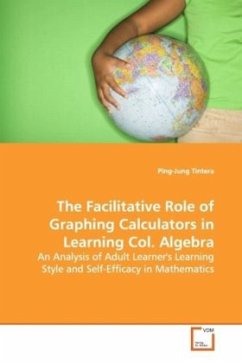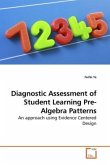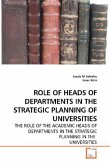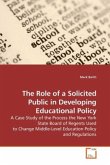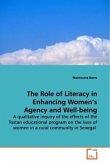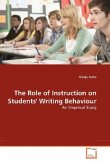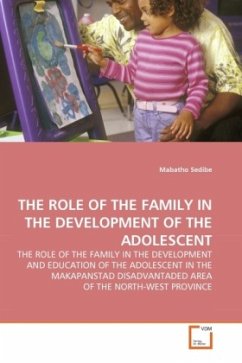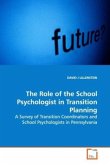The purpose of this paper was to explore (1) the
facilitative effect of the use of a graphing
calculator (gc) on mathematical problem solving in
the context of an adult (18+) college algebra class;
(2) the connection between mathematics self-efficacy
(mse) and college students academic performance by
using the gc as a tool in the college algebra class,
(3) the effects of 6-week interventions designed to
increase mse; and (4) the relationship between mse
and individuals learning styles. The results show
that gc practice does benefit problem solving,
particularly when the problem requires understanding
of graphic representation. Higher accuracy and mse
results showed that the use of gc successfully and
positively promotes individuals mse, and,
specifically, algebra classes. On individuals
learning styles, visual learners do obtain a
significant benefit from the use of gc s and higher
mse when compared to balanced learners.
facilitative effect of the use of a graphing
calculator (gc) on mathematical problem solving in
the context of an adult (18+) college algebra class;
(2) the connection between mathematics self-efficacy
(mse) and college students academic performance by
using the gc as a tool in the college algebra class,
(3) the effects of 6-week interventions designed to
increase mse; and (4) the relationship between mse
and individuals learning styles. The results show
that gc practice does benefit problem solving,
particularly when the problem requires understanding
of graphic representation. Higher accuracy and mse
results showed that the use of gc successfully and
positively promotes individuals mse, and,
specifically, algebra classes. On individuals
learning styles, visual learners do obtain a
significant benefit from the use of gc s and higher
mse when compared to balanced learners.

